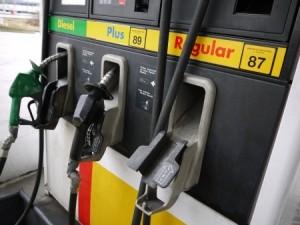 There are many things to do to increase fuel economy. At AV Bumper to Bumper, we’ll help you optimize your car’s fuel performance with proven repairs and adjustments. We also don’t want you wasting your time with the following widely spread yet debunked tricks.
There are many things to do to increase fuel economy. At AV Bumper to Bumper, we’ll help you optimize your car’s fuel performance with proven repairs and adjustments. We also don’t want you wasting your time with the following widely spread yet debunked tricks.
You’ll get more in the morning – Word has spread that cooler fuel is denser, allowing bigger fill-ups for the same price in the morning when the weather is chillier. While this certainly sounds like it makes sense, the differences are too miniscule to notice or bother with. This is because gas, stored underground, doesn’t fluctuate in temperature all that much throughout the course of a day.
Open windows drag your tank – Many people believe driving at high speeds with the windows down reduces aerodynamics of a vehicle, resulting in more fuel being burned. Again, this sounds reasonable, but tests have shown that it isn’t the case. Staying cool in your car by running the air conditioning has been linked to noticeable but meager reductions in fuel economy. However, driving while under heat-induced stress causes an even bigger reduction, causing you to speed up and slow down more quickly and frequently. Being comfortable in your car is the best choice.
Gas quality is key – Some drivers splurge for higher octane, premium gas with the belief that they’re taking better care of their car’s engine. The fact is different cars require different fuels for optimal performance. If your owner’s manual suggests a higher-octane gas, go for it. However, if it recommends regular, there’s no reason to spend the extra few bucks per fill up. Similarly, gas from “lower quality” gas stations is probably no worse than anywhere else. It generally comes from all the same places.
Old habits die hard – There are a multitude of fuel myths that used to be true, but that modern cars have made irrelevant. One is that dirty air filters reduce fuel economy. For cars made in the last 15 years, a dirty air filter might make your car feel sluggish, but it won’t have an effect on how much fuel is used. Warming up an engine before driving has also become counterproductive. While it used to make sense, it’s now actually a better idea to begin driving immediately after starting the engine.
Post by Ed Fawcett Jr




